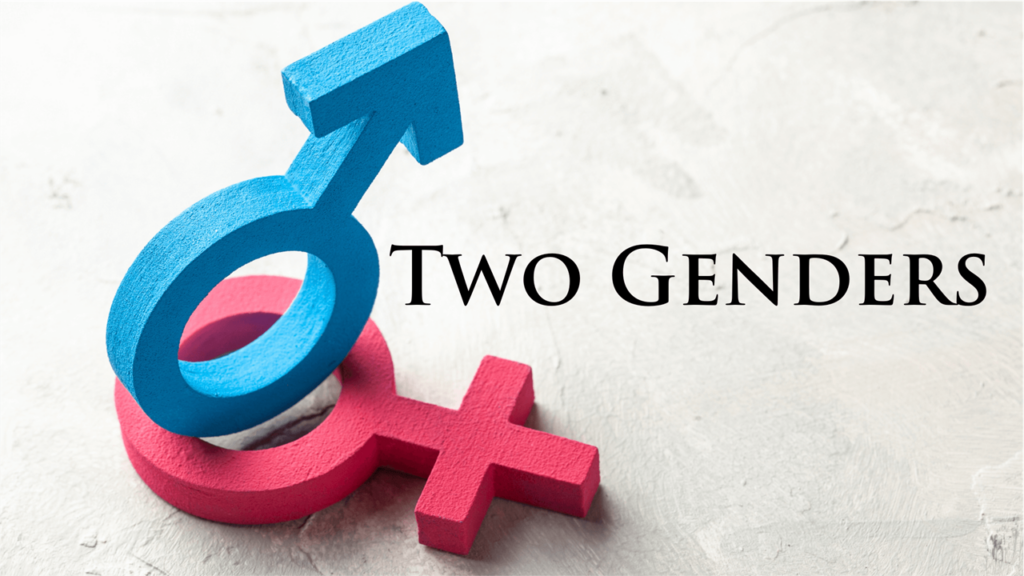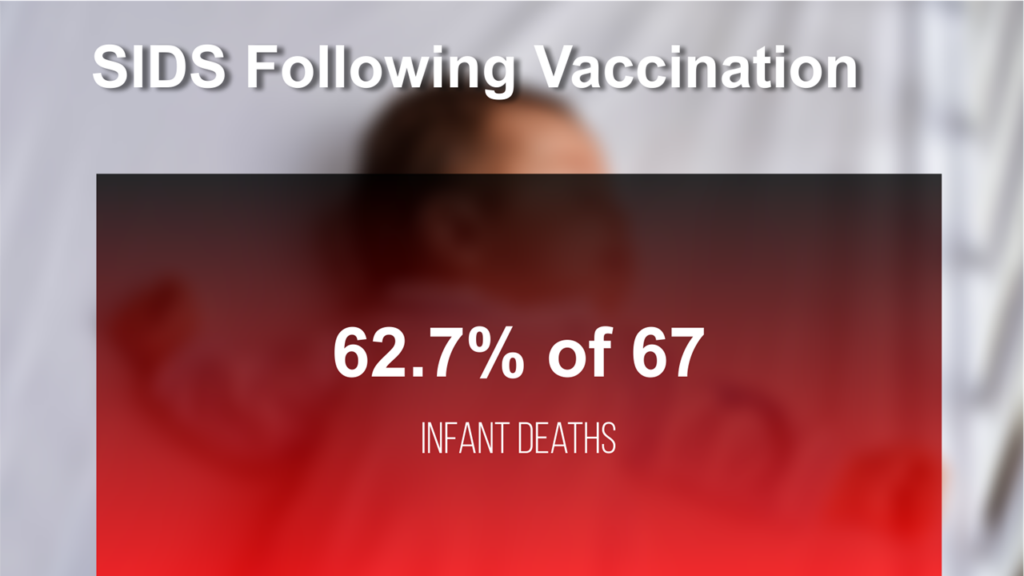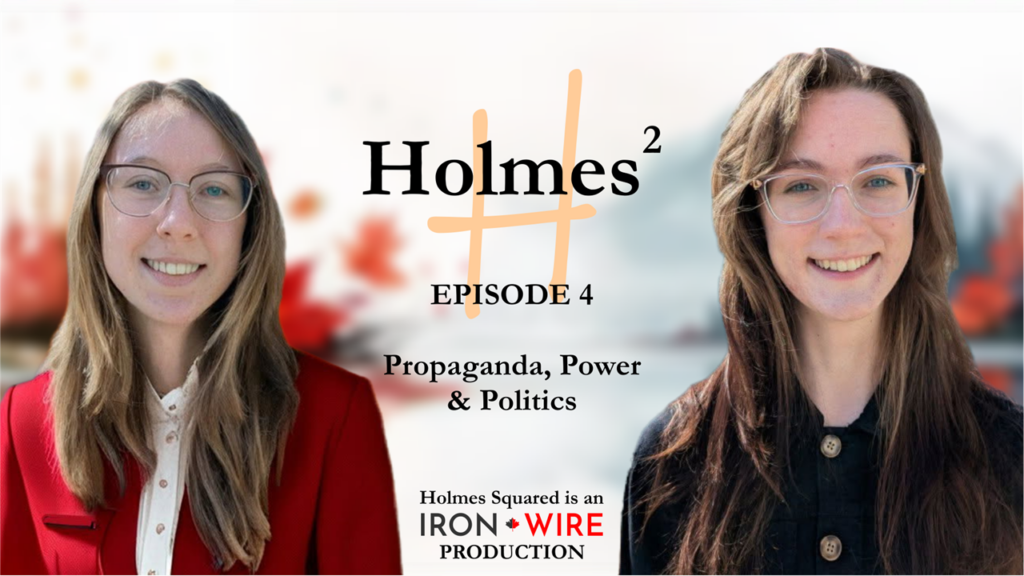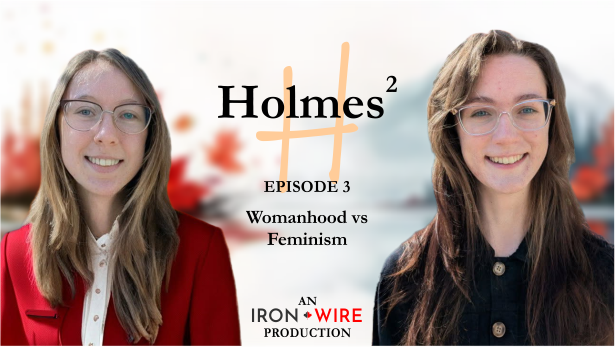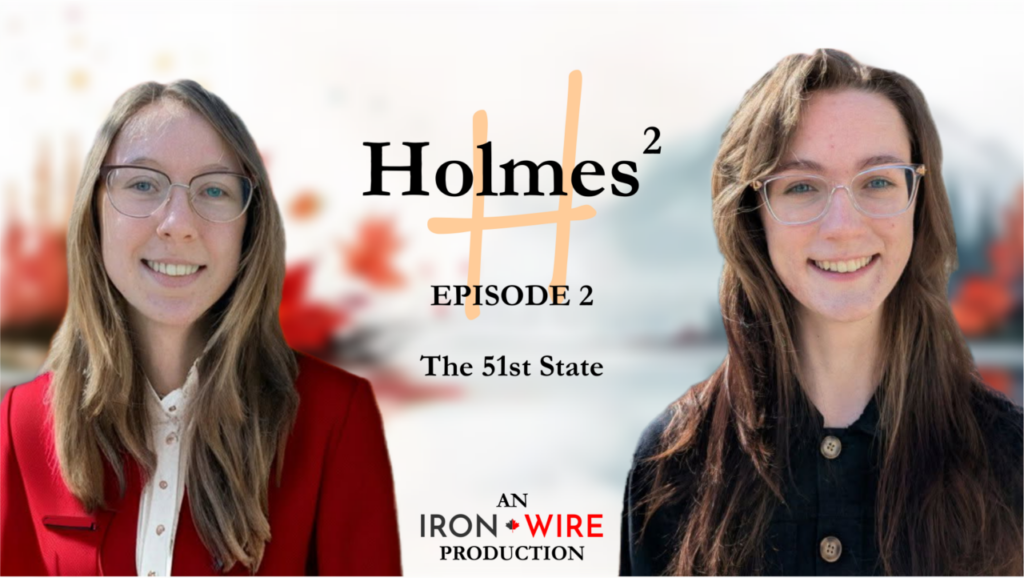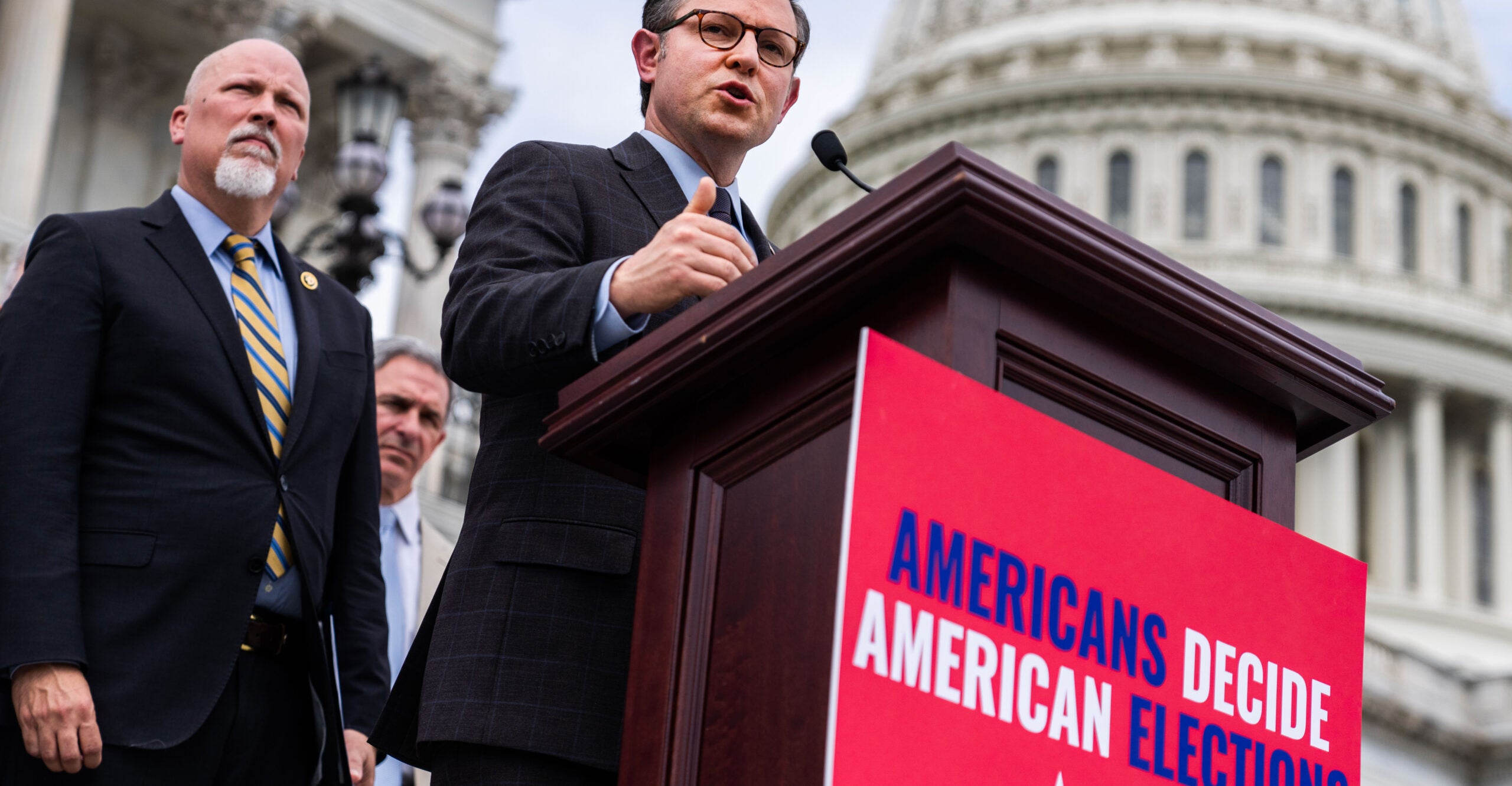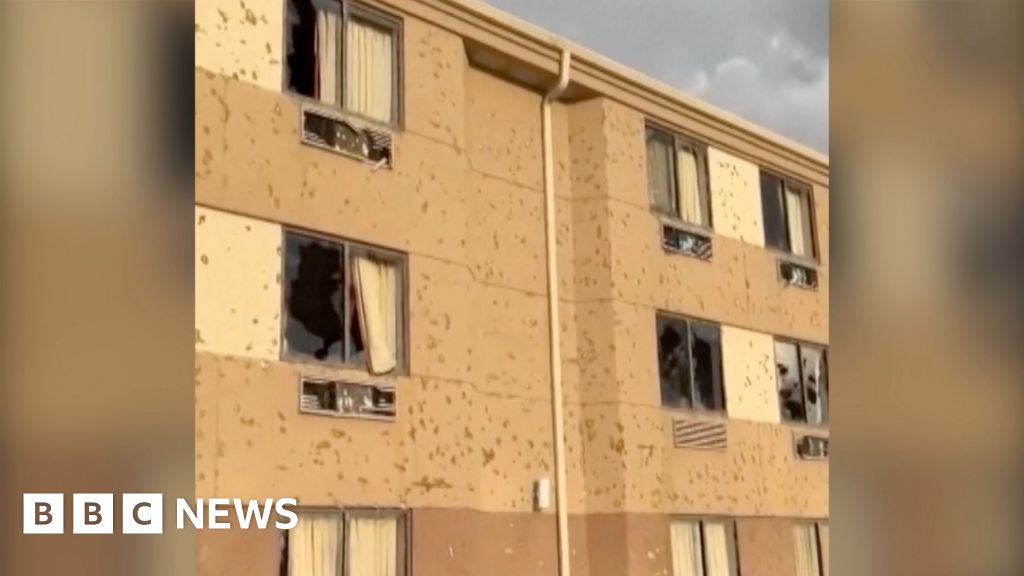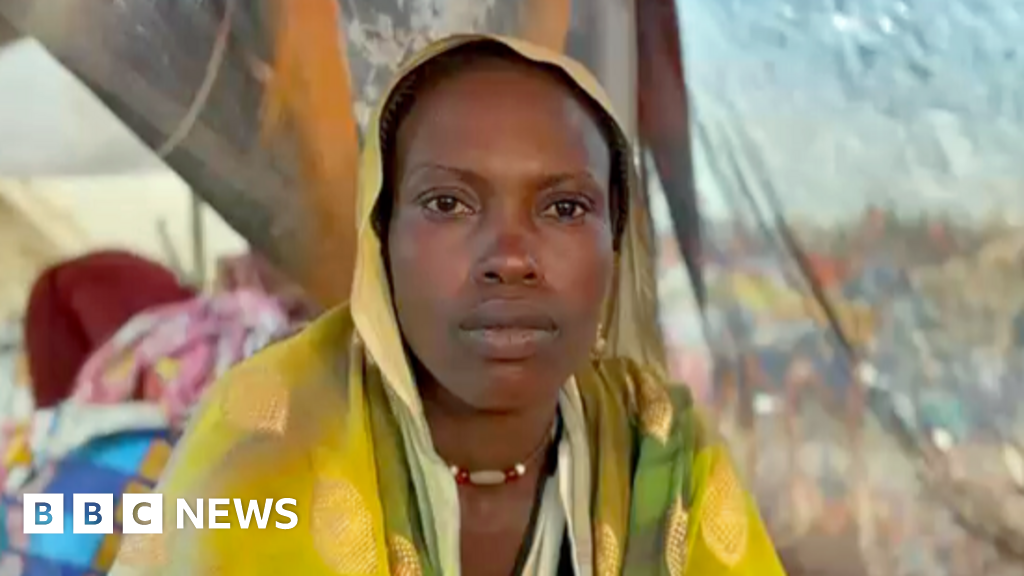RFK Jr. Announces Overhaul of Vaccine Injury Reporting System Amid Rising Public Health Concerns + More
Source: Children’s Health Defense
RFK Jr. Announces Overhaul of Vaccine Injury Reporting System Amid Rising Public Health Concerns
On April 15, 2025, U.S. Health and Human Services Secretary Robert F. Kennedy Jr. unveiled plans to reform the Vaccine Adverse Event Reporting System, or VAERS, aiming to automate and expand data collection to better monitor vaccine-related injuries.
Speaking at a “Make America Healthy Again” event in Indiana and covered by local press including the Indiana Capital Chronicle, Kennedy emphasized the need for a more functional surveillance system, proposing the integration of additional datasets to assess the impact of vaccines and other environmental exposures on chronic health conditions.
He referenced a 2010 study suggesting that the current system captures only a fraction of adverse events, though experts caution that this figure includes minor side effects and may not accurately reflect serious vaccine-related injuries.?
Mother of Ingham County Girl Who Contracted Measles Confirms Daughter Was Vaccinated
Lansing State Journal reported:
The parents of a girl who had the first case of measles in Ingham County in 30 years did “exactly what they were supposed to do” to protect their child and provided information to help officials track down anyone else who might have been exposed to the virus, a health official said.
The 1-year-old girl had received her first dose of the vaccine one day before boarding a plane for a trip out of state, Nike Shoyinka, Ingham County’s medical health officer, said during a Zoom call with reporters on Tuesday.
The girl had “very mild” symptoms, probably because she had had a dose of the MMR vaccine one day before she traveled, Shoyinka said. But she wouldn’t have acquired the antibodies for full protection until after about two weeks, the health official said.
HHS Abruptly Terminates Funding for Atlanta Biotech’s Next-Gen Vaccine Study
The U.S. government continues to end contracts related to the $5 billion Project NextGen initiative, this time terminating funding for an Atlanta biotech’s lead COVID-19 vaccine program that’s currently being tested in a mid-stage trial.
The Biomedical Advanced Research and Development Authority (BARDA) has axed a Project NextGen award for GeoVax Labs, effective April 11, the Georgia company said in an April 16 release. The funding was for GEO-CM04S1, a phase 2b multi-antigen COVID-19 vaccine designed to protect individuals who aren’t sufficiently shielded by vaccines currently on the market.
“While the recent HHS/BARDA Stop Work Order action was disappointing and surprising, our commitment to protecting vulnerable populations remains unchanged, and our clinical momentum is strong in support of our ongoing phase 2 GEO-CM04S1 programs,” GeoVax President and CEO David Dodd said in the release.
CDC Advisors Weigh Switch to Risk-Based COVID Vaccination
The CDC’s vaccine advisors are considering options that would narrow the recommendations for the fall COVID-19 vaccine to only include groups at higher risk for severe illness. The news came at a Tuesday meeting of the Advisory Committee on Immunization Practices (ACIP), the first of a 2-day session that was originally scheduled for February but abruptly postponed by U.S. Department of Health and Human Services.
Seasonal COVID-19 shots are currently recommended for everyone 6 months and older, but CDC’s Lakshmi Panagiotakopoulos, MD, MPH, presented findings from a recent poll of the ACIP COVID-19 Work Group showing that 76% of its members supported a non-universal (risk-based) recommendation for the 2025-2026 respiratory virus season.
“I guess I am surprised we’re considering a risk-based recommendation,” said ACIP member Denise Jamieson, MD, MPH, of the University of Iowa’s medical school. She worried it will be harder to implement, and may cause more headaches for patients who want to get shots and have them covered by insurance.
According to estimates, 74% of U.S. adults have at least one condition placing them at higher risk for severe illness, whether that be age, a chronic illness, or an immune-compromising condition.
Novavax Says Its COVID Vaccine Produces Fewer, Milder Reactions Than Pfizer Version
Yesterday, Novavax presented early data from a real-world study suggesting that its 2024-25 protein-based COVID-19 vaccine targeting the JN.1 SARS-CoV-2 strain causes fewer and less-severe short-term side effects than the Pfizer/BioNTech mRNA COVID-19 vaccine.
The Study of Healthcare Workers and First Responders Investigating Effects of Systemic and Local reactogenicity of COVID-19 Vaccine Doses in Utah (SHIELD-Utah) was conducted from September to December 2024 with University of Utah Health (UUH).
A total of 219 healthcare workers received Novavax, and 369 received the Pfizer product. Two and 7 days after immunization, they completed a questionnaire on reactogenicity symptoms and their effects on daily activities. Participants included physicians (20.4% of the total), nurses (19.2%), and medical assistants (11.9%).
The preliminary results were presented at the Congress of the European Society of Clinical Microbiology and Infectious Diseases 2025 in Vienna.
“The risk of side effects or reactogenicity has been shown to be a major decision factor for those opting to get vaccinated,” principal investigator Sarang Yoon, DO, of UUH, said in the Novavax news release.
Patients Cut off From Cheaper Obesity Drugs as the F.D.A. Halts Sales of Copycats
Hundreds of thousands of Americans stand to soon lose their access to cheaper weight-loss drugs, with a federal crackdown on copycat versions threatening to disrupt treatment and raise costs.
The Food and Drug Administration has ordered producers and sellers of the less expensive products to wind down operations in the coming weeks now that it has declared there are no longer shortages of the blockbuster drugs Wegovy and Zepbound.
Produced through a process of mixing drug ingredients known as compounding, the copycat medications had spawned a booming multi-billion-dollar industry. Patients turned to compounding because their health insurance would not pay for the brand-name drugs and they could buy the compounded versions for less than $200 a month in some cases.
WHO Member Nations Agree on Draft ‘Pandemic Treaty’ to Try to Avoid COVID Mistakes
Five years after COVID-19 triggered national lockdowns, economic uncertainty, and killed millions, the World Health Organization’s (WHO’s) member countries agreed on a draft “pandemic treaty” that sets guidelines for how the international community might confront the next global health crisis.
After the world’s largely disastrous response to the coronavirus, countries tasked the WHO with overseeing a pandemic treaty in 2021; negotiations concluded early Wednesday on an agreement expected to be adopted next month at the U.N. health agency’s annual meeting in Geneva.
WHO Director-General Tedros Adhanom Ghebreyesus, PhD, heralded it as a historic moment, saying countries have proven that “in our divided world, nations can still work together to find common ground and a shared response.”
Following U.S. President Donald Trump’s decision to the country from the WHO in January, American officials were barred from participating in the talks and are not expected to sign the treaty. During COVID-19, it was largely American research and development that produced the most effective vaccines and medicines.
